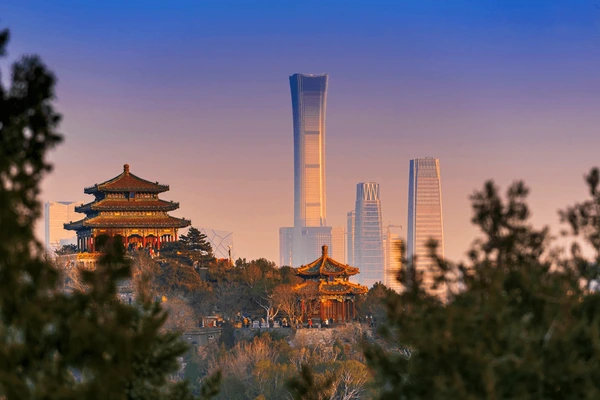
In Kyiv, on February 1, tensions escalated as China communicated concerns to Ukraine over the potential damage to bilateral relations following Kyiv’s decision to label over a dozen Chinese firms as “international sponsors of war.” This warning came during a meeting last month between China’s ambassador to Kyiv and senior Ukrainian officials, as disclosed by two high-ranking Ukrainian sources familiar with the discussions. The sensitivity of the situation led the sources to request anonymity.
Response from Both Sides
At the time of reporting, there was no immediate comment from China’s foreign ministry, the Chinese embassy in Kyiv, or Ukraine’s foreign ministry regarding the matter.
Despite its close relationship with Moscow and its non-critical stance on Russia’s invasion of Ukraine, Beijing has emphasized the importance of respecting the sovereignty and territorial integrity of all nations. It has also offered to mediate in the conflict.
Ukraine’s Blacklist
Ukraine has identified 48 companies worldwide, including 14 Chinese entities, as aiding Russia’s war efforts through their business activities. According to one source, the Chinese ambassador highlighted that the blacklist could negatively affect Sino-Ukrainian relations, although no specific conditions or demands were made by China.
Potential Economic Repercussions
The second source suggested that the issue might influence Chinese purchases of Ukrainian grain. Prior to Russia’s invasion, China was Ukraine’s largest trading partner and continues to be a significant buyer of Ukrainian agricultural products and minerals.
The blacklist, serving as a reputational tool, aims to encourage global supply chains and international businesses to withdraw from Russia. It includes major Chinese energy companies such as CNPC, Sinopec Group, and CNOOC, which have yet to respond to comments about their inclusion.
Ukraine’s Diplomatic Balancing Act
Ukraine has endeavored not to alienate China, seeking its support for diplomatic peace efforts. Despite China’s attendance at a peace meeting in Jeddah last year, it has since abstained from such gatherings.
China remained a principal beneficiary of Ukrainian food exports via a UN-brokered grain corridor, now defunct, and continues to receive a significant portion of Ukraine’s maritime exports through a new Black Sea corridor.
With the highest number of firms listed, China faces a delicate diplomatic situation with Ukraine, as both countries navigate their complex international relationships and internal pressures.
Featured image credit: iamlukyeee via Shutterstock
